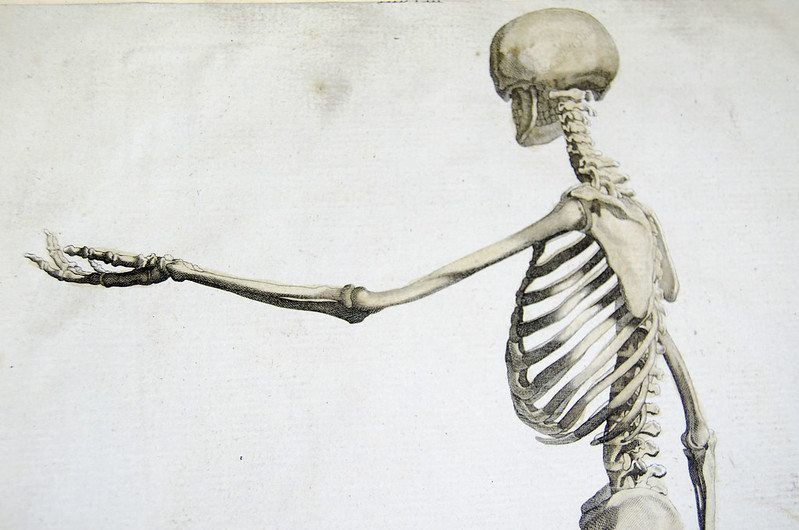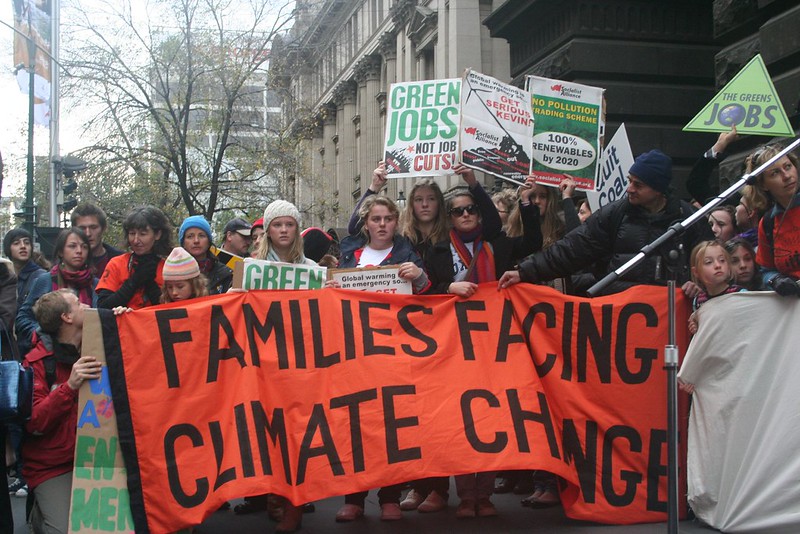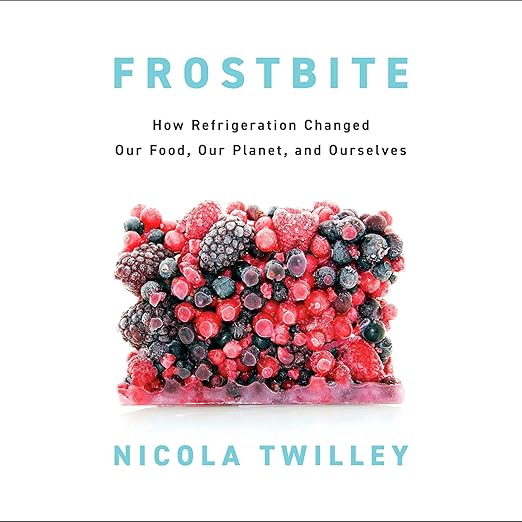Frostbite by Nicola Twilley embodies everything that makes a truly excellent work of nonfiction. It’s a wonderfully written and witty window into a well-known but ill-examined fragment of the modern world: the fridge. Practically every household in America possesses one, but we so rarely contemplate the mechanisms, the history, or even the impacts of the technology outside of our homes.
From fish to fruit to factories to the exodus of women from the home during World War II, refrigeration has had a massive impact on the shape of the human world due its effect on one of the few things we all need: food. In Frostbite, Twilley tells the hidden tales and triumphs of refrigeration while simultaneously reckoning with the unsustainable nature of the cold supply chain and the undeniably negative effects it’s had on environments, industries, and ourselves.
There are relatively few books out there that I think everyone needs to read, each one deserving their own article, but Frostbite stands out as a book focused not on philosophy or a social condition but a truly revolutionary piece of technology that, whether we are aware of it or not, has deeply shaped the modern world. The implications are staggering, and after finishing the book, I found myself simultaneously awed and terrified by the realities of refrigeration. The scope, all it has accomplished—it is truly incredible. It is integral to the modern world, and yet unstainable to a degree that I can barely grasp. We cannot continue as we have, something that Frostbite makes abundantly clear in its conclusion, forcing readers to confront the disquieting reality that change is inevitable. The only remaining question is will it be by our own hands? Or by the crucible of an ever-warming planet, as we cling to our artificial cold?






















































